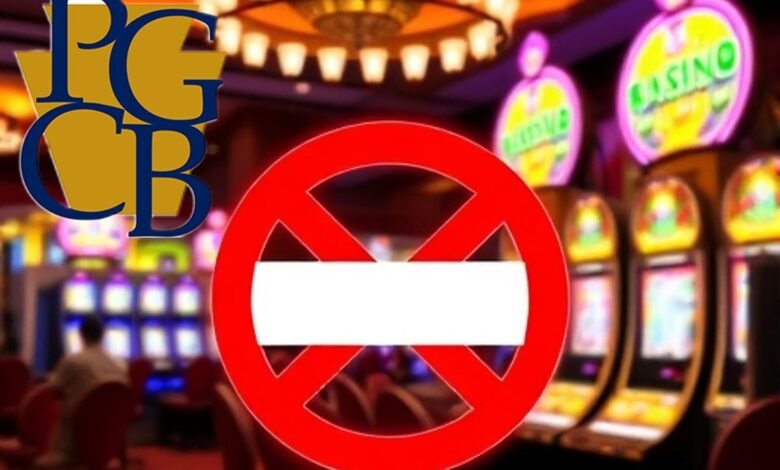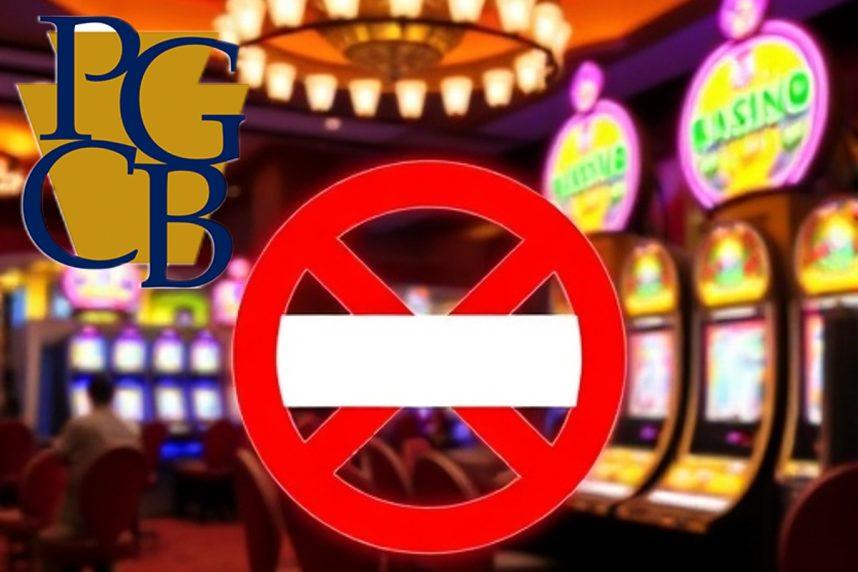Pennsylvania Easing Reenrollment for Self-Excluded Gamblers

Posted on: November 18, 2024, 12:43h.
Last updated on: November 18, 2024, 12:43h.
The Pennsylvania Gaming Control Board (PGCB) has proposed easing the process for formerly self-excluded persons to regain access to the 17 brick-and-mortar casinos in the commonwealth.

In October, the PGCB proposed a rule change to the state’s casino self-exclusion program. The responsible gaming initiative allows individuals to ban themselves from the state’s casinos for a year, five years, or lifetime.
Under the PGCB’s current regulations, a person who bans themself from the state’s casinos for one or five years must apply with the state to have their access rights restored after their self-exclusion period culminates. A formerly excluded person must file a request for removal before legally entering a casino, as an enrollee will remain on the forbidden list indefinitely until such a request is submitted and accepted by the PGCB.
The October rulemaking proposal would lift the request for removal component and automatically reenroll formerly banned casino patrons as permissible people.
Controversial Motion
Critics say allowing formerly banned casino patrons automatic reentry following the expiration of their self-imposed bans could threaten the very purpose of the program. State gaming regulators say the motion is to standardize the PGCB’s self-exclusion programs, which, along with casino self-exclusion, include programs to deny one’s access to iGaming, video gaming terminals (VGTs), and/or fantasy sports.
The casino self-exclusion program remains the only self-exclusion program managed by the PGCB that requires a gambler to apply for reinstatement following the termination of their self-exclusion.
The PGCB says many formerly self-excluded casino enrollees wrongly think their access to the state’s casinos is automatically restored upon the end of their self-imposed time. That leaves individuals susceptible to trespassing charges should they try and enter a casino before being reenrolled as a permissible patron.
Many individuals erroneously believe that once the time period selected for casino self-exclusion has passed, they are once again allowed to engage in gaming activities in this Commonwealth’s retail casinos. This comes from either not reading the self-exclusion paperwork that they sign clearly enough or simply forgetting after several years that they must request removal. However, with these individuals remaining on the self-exclusion list, they are subject to trespass charges if caught in a licensed facility, and the confiscation of funds if they win while gaming,” the PGCB explained.
“This often results in individuals who incorrectly believed they were no longer on the self-exclusion list petitioning the board for the return of confiscated funds and winnings. Movement to a unified automatic removal process will eliminate confusion, reduce potential trespass actions, and eliminate many administrative proceedings within the board relating to requests for the return of confiscated funds,” the PGCB’s proposed rule adjustment continued.
Self-Exclusion Data
Pennsylvania, the third-richest commercial gaming state in terms of revenue after Nevada and New Jersey, has a robust self-exclusion program. The PGCB reports that its four self-exclusion options have a total of 33,953 enrollments, with casino accounting for 23,242 of the enrollments.
Men account for nearly 65% of the self-excluded casino persons. Males are highly more likely to trespass while on the excluded list, with men accounting for 6,418 of the 9,118 violations since the program began in December 2006.
People aged 55 and older are most likely to enroll, as the age group accounts for 8,657 enrollees. Whites are the most enrolled ethnicity with 16,017 members.
The PGCB says 5,136 people have self-excluded themselves for life. There is no way for a self-excluded person who chose the lifetime option to regain access to the brick-and-mortar gaming floors.
Source link




